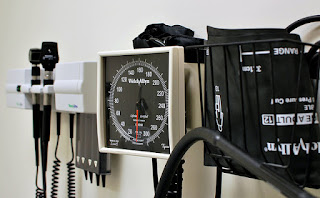 Should have taken those French classes in high school.
Should have taken those French classes in high school.Turns out that for stroke patients suffering from aphasia, a language problem that affects thousands a year, bilingual brains sustain less stroke damage:
Compared to patients who spoke only one language, bilingual stroke patients were more than twice as likely to have normal cognition following their stroke and they also performed better on tests measuring post-stroke attention and function.
But the two groups had similar frequencies of aphasia, at 11.8% among monolinguals and 10.5% among bilinguals (P=0.354), which might be explained by a higher level of cognitive control in patients speaking two or more languages, Suvarna Alladi, DM, of Nizam's Institute of Medical Sciences in Hyderabad, India, and colleagues wrote online in Stroke.


